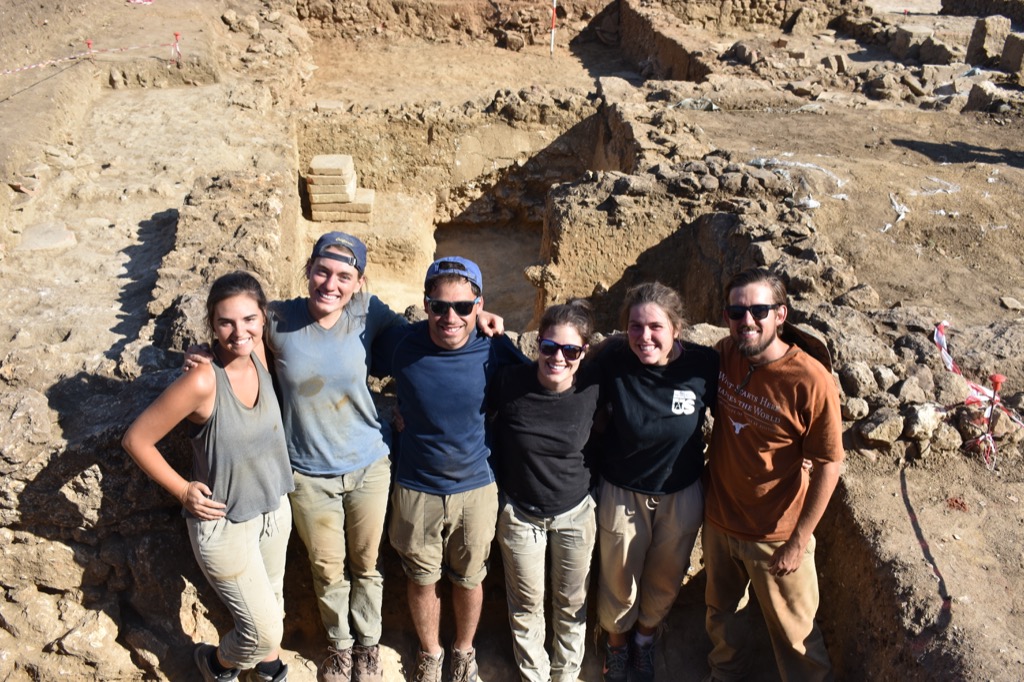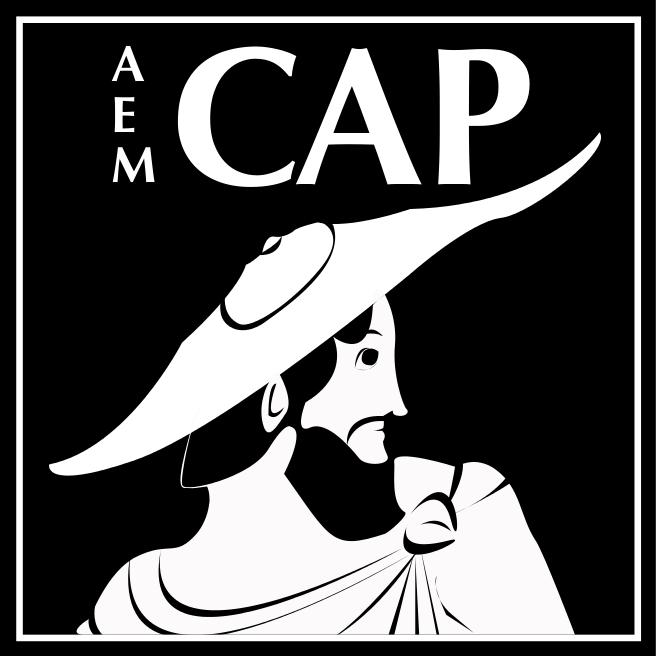Philologist Out of Water

When I was making the decision about which school I wanted to go to for my Ph.D. program, I told my thesis adviser in Kansas that the University of Texas had a professor who directed the excavations at Morgantina and that the University could fund students who wanted to participate in the dig. Though he and I are both philologists through and through (he just wrote an entire book on grammatical gender, for goodness’ sake; and yes, I loved it), he fully encouraged me to take up this opportunity, pointing out how archaeologists almost universally are required to have familiarity with the Classical languages, but philologists rarely (if ever) are required to do the same with material culture. After all, how could I truly call myself a Classicist if I was to ignore such an integral component of our discipline?
After having dug for a full season now, I have learned that participating in a dig is important not only for gaining appreciation of archaeology as a whole in a sort of abstract sense, but also for the minute details that go into the process. How could I have ever imagined what went into shooting and cataloging a find? How could the concept of a context have ever made its way into my mind? For all I knew, archaeologists just sort of drew a rectangle on the ground and dug down until they found stuff. Having more detailed knowledge of these processes has allowed me to recognize and appreciate the similarities between archaeology and philology. Our director Alex Walthall put it best to me in the final full week of the dig when he asked me if meticulously sifting through soil made me feel like I was back in my office carefully poring over Homer. I would much prefer to pore over Caesar, of course, but the comparison is a fitting one – the close attention required to pick out small sherds of pottery is very similar to that needed to distinguish a supine from a neuter participle!
Another aspect of archaeology that I never could have imagined, as I come dangerously close to launching into a panegyric, is the camaraderie that you build with your fellow excavators throughout the season. I am and always will love my letters, but philologists have no means by which we can build bonds like archaeologists do. What group of philologists has ever toiled together outside in the 100-plus degree heat for weeks on end? What group of philologists has ever gotten up at six in the morning for six weeks in a row and shared in the same breakfast of hard-boiled eggs every day for six weeks in a row? Some of my best friends are philologists, and some of those friendships were born through our love of the literary, but there’s something different about friendships forged in the brain-melting heat of the central Sicily sun.
Though to any philologists out there wondering whether or not a dig is the thing for them, there’s no need to worry – there are opportunities on a dig to talk about our literature: I have gotten to compliment my trench supervisor not once but twice on her use of gerundives while we were in the trench (both times “to-be-gotten rid of,” if I’m not mistaken). Early in the dig, when a joke was made about making a litter for one of our trench supervisors to be carried around on and the need for four of our volunteers to carry it around, I was able to allude to Catullus 10 and say “well you know, Catullus actually refers to having brought back octo homines rectos from Bithynia to carry his litter – I’m not sure we can afford to spare that many volunteers.” Sure I get called Word Nerd now, but what better compliment could there be?
At the end of the day, I loved my time on the dig and entirely recommend it to anybody who is serious about Classics, even if they study only literature. Being able to see artifacts as they are removed from the ground or being able to see the floor plan of a building unfold before your very eyes are the sorts of up-close and personal experiences that reading Tacitus just can’t provide you. Interacting with antiquity solely through literature can leave you able to picture the stories only in an abstract sense, as if they were in some novel, but participating in a dig allows you to have antiquity in your own hands, with no option but to see that the thing that you’re holding actually existed.

